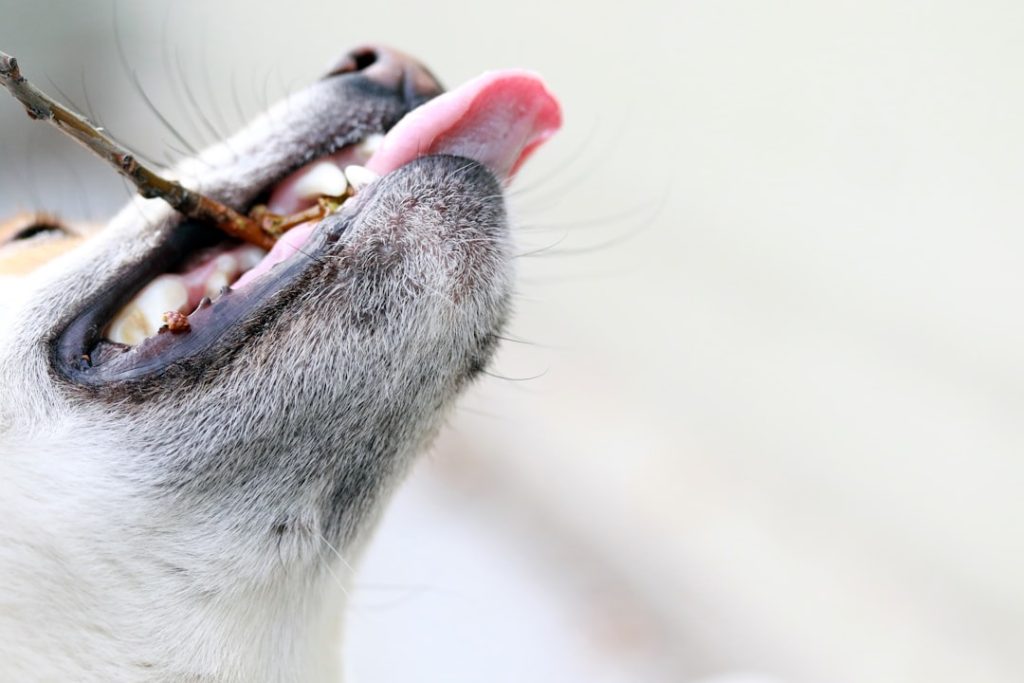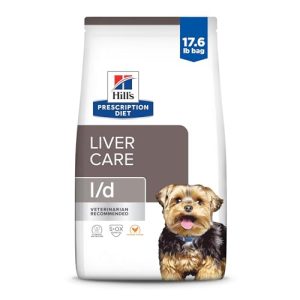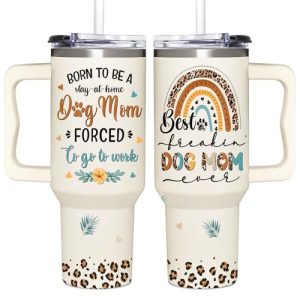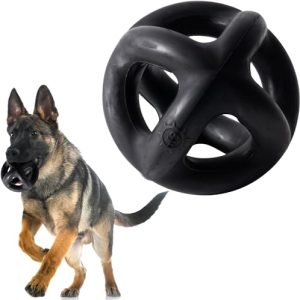Imagine this: You just got home after a busy day, only to find your adult dog happily munching away on a bowl of puppy food. Instantly, a wave of questions floods your mind.
Is it safe? What could happen to your furry friend after this unexpected snack? You’re not alone in your curiosity. Many dog owners have found themselves in similar situations, and the answers are both surprising and crucial for your dog’s health.
As you dive into this article, you’ll discover the real impact of puppy food on adult dogs. We’ll explore whether this accidental feast is a cause for concern or simply a one-time mishap. Understanding the differences between puppy and adult dog food can empower you to make informed decisions, ensuring your pet’s diet supports their well-being. Keep reading to find out what happens next and how to keep your dog healthy and happy.
Differences Between Puppy And Adult Dog Food
Puppy food and adult dog food have different recipes. Each type supports a dog’s health at its life stage.
Knowing these differences helps you choose the right food for your dog’s needs and growth.
Nutritional Needs Of Puppies
Puppies need more calories and nutrients than adult dogs. They grow fast and need energy for development.
- Higher protein for muscle growth
- More fat for energy
- Extra calcium and phosphorus for bone development
- Added DHA for brain and eye health
Nutritional Needs Of Adult Dogs
Adult dogs require balanced nutrition to maintain weight and health. They need fewer calories than puppies.
- Moderate protein for muscle maintenance
- Lower fat to prevent weight gain
- Fiber for digestion
- Vitamins and minerals for overall health
Key Ingredient Variations
| Ingredient | Puppy Food | Adult Dog Food |
|---|---|---|
| Protein | High (28%-32%) | Moderate (18%-25%) |
| Fat | High (12%-20%) | Lower (8%-15%) |
| Calcium | More for bone growth | Less to maintain bones |
| DHA | Included for brain development | Usually not added |
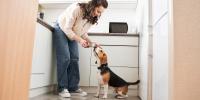
Credit: www.purina.com
Potential Risks Of Adult Dogs Eating Puppy Food
Adult dogs sometimes eat puppy food by mistake or choice. Puppy food has more calories and nutrients designed for growing dogs. Feeding it to adult dogs can cause problems.
It is important to understand the risks. These include digestive problems, weight issues, and nutrient imbalances. Keep reading to learn about these risks.
Digestive Issues
Puppy food is richer and harder to digest for adult dogs. Eating it may cause stomach upset, diarrhea, or vomiting. Some dogs may have gas or bloating.
Weight Gain And Obesity
Puppy food has more fat and calories than adult dog food. Regular eating can lead to unwanted weight gain. Obesity can cause serious health problems like joint pain.
- Extra calories lead to fat storage.
- Increased weight stresses bones and joints.
- Obesity raises risk of diabetes and heart disease.
- Weight gain reduces a dog’s lifespan.
Nutrient Imbalance Effects
| Nutrient | Effect on Adult Dogs |
| Protein | Too much protein can strain kidneys over time. |
| Calcium | Excess calcium may cause bone problems in adults. |
| Fat | High fat can lead to pancreatitis or weight issues. |
| Vitamins | Too many vitamins may cause toxicity or imbalance. |
Feeding adult dogs puppy food can upset their nutrient balance. Long-term effects include organ strain and health risks. It is best to feed food made for adult dogs.
Signs To Watch For After Eating Puppy Food
Adult dogs sometimes eat puppy food by mistake. It usually is not harmful right away. Still, you should watch your dog closely for any signs of trouble.
Knowing what to look for helps you keep your dog safe. This guide shows common signs and when to call the vet.
Behavioral Changes
Eating puppy food can cause some changes in your dog’s behavior. Watch for:
- Unusual restlessness or hyperactivity
- Lethargy or unusual tiredness
- Increased thirst or water drinking
- Loss of appetite or refusal to eat regular food
- Signs of discomfort like whining or pacing
Physical Symptoms
Puppy food has more nutrients and calories, which may cause physical issues for adult dogs. Look for symptoms like:
| Symptom | Possible Cause |
| Diarrhea | Digestive upset from rich food |
| Vomiting | Stomach irritation |
| Bloating | Gas buildup |
| Weight gain | High calorie intake |
| Excessive drooling | Mild allergic reaction |
When To Contact A Vet
Some signs need a vet’s help. Contact your vet if your dog:
- Shows continuous vomiting or diarrhea for more than 24 hours
- Acts very weak or collapses
- Has trouble breathing or excessive drooling
- Swells in the stomach or shows pain
- Stops eating or drinking for a day
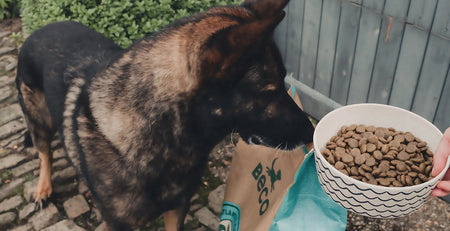
Credit: www.becopets.com
Immediate Steps To Take If Your Dog Eats Puppy Food
Adult dogs sometimes eat puppy food by mistake. Puppy food has more calories and nutrients meant for growing dogs. It is not harmful in small amounts but may cause some problems.
Knowing what to do right after your dog eats puppy food helps keep them safe and healthy. Watch your dog closely and adjust their care as needed.
Monitoring Your Dog
Keep a close eye on your dog after they eat puppy food. Look for signs of upset stomach or unusual behavior. These can include vomiting, diarrhea, or lethargy.
If your dog shows any of these signs, contact your veterinarian. They can give advice based on your dog’s size and health.
Adjusting Their Diet
After eating puppy food, return your dog to their regular adult dog food. Avoid giving extra treats or rich foods for a day or two. This helps prevent stomach upset.
Feed smaller meals more often to help their digestion. Gradually go back to normal meal sizes after a day or two.
- Switch back to adult dog food right away
- Feed smaller meals for a short time
- Avoid treats that could upset stomach
Hydration Importance
Make sure your dog drinks plenty of water. Hydration helps their body handle extra nutrients from puppy food. It also prevents dehydration if they have diarrhea.
Keep fresh water available at all times. If your dog refuses to drink or shows signs of dehydration, call your vet immediately.
Long-term Remedies And Prevention
Adult dogs may sometimes eat puppy food by mistake. This can cause health issues if it happens often. It is important to fix this with long-term care. Preventing the problem keeps your dog healthy.
This guide explains how to switch your dog back to adult food. It also covers keeping a balanced diet and safe feeding habits.
Switching Back To Adult Food
Switch your dog to adult food slowly. Sudden changes can upset their stomach. Mix puppy food with adult food over several days. Increase the amount of adult food each day.
- Start with 25% adult food and 75% puppy food.
- After 3 days, change to 50% adult and 50% puppy food.
- On day 6, use 75% adult food and 25% puppy food.
- After 9 days, feed only adult food.
Maintaining A Balanced Diet
Adult dogs need a diet with the right nutrients. Puppy food has more fat and protein. Too much can cause weight gain or other problems. Keep your dog’s diet balanced for good health.
| Food Type | Protein | Fat | Calcium |
|---|---|---|---|
| Puppy Food | High (22-32%) | High (8-20%) | High |
| Adult Food | Moderate (18-25%) | Moderate (5-15%) | Moderate |
Safe Feeding Practices
Feed your dog in a safe way to prevent eating the wrong food. Keep puppy food out of reach. Use separate bowls and feeding areas. Watch your dog during mealtime.
- Store puppy food in a closed container.
- Feed adult dogs and puppies at different times.
- Train your dog to eat only from their bowl.
- Check food labels before buying.
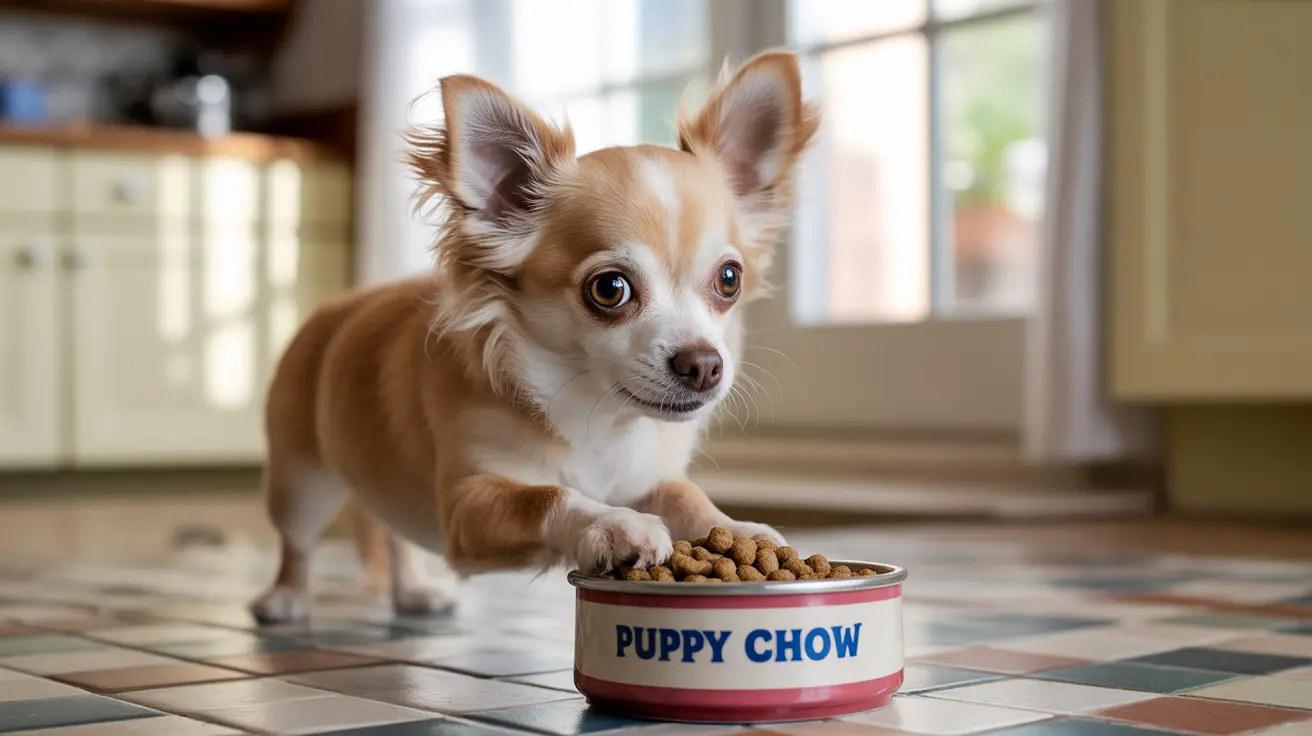
Credit: www.petscare.com
When Puppy Food Might Be Suitable For Adult Dogs
Adult dogs usually need food made just for them. Puppy food has more calories and nutrients. Sometimes adult dogs may eat puppy food by mistake or choice.
In some cases, puppy food can be a good choice for adult dogs. This depends on their health and what a vet says.
Special Health Conditions
Some adult dogs have special health needs. Puppy food can help in these situations because it has more energy and protein. Dogs that are very active or recovering from illness may benefit.
- Dogs with low body weight needing to gain muscle
- Highly active or working dogs needing extra calories
- Adult dogs recovering from surgery or illness
- Dogs with poor appetite needing tastier food
Veterinary Recommendations
Always ask your vet before feeding puppy food to an adult dog. Vets check your dog’s health and needs. They decide if puppy food fits your dog’s diet.
| Reason | Veterinary Advice |
| Weight gain needed | Use puppy food for short time |
| High energy requirements | Feed nutrient-rich puppy food |
| Health recovery | Feed softer, more digestible puppy food |
| General adult diet | Stick to adult dog food |
Frequently Asked Questions
Can Adult Dogs Eat Puppy Food Safely?
Yes, adult dogs can eat puppy food occasionally. However, puppy food is richer and may cause weight gain or digestive upset if fed regularly.
What Are The Risks Of Feeding Puppy Food To Adults?
Feeding puppy food to adult dogs long-term may lead to obesity, nutrient imbalance, and digestive issues due to higher calories and fat.
How Often Can Adult Dogs Eat Puppy Food?
Adult dogs should only eat puppy food occasionally. Regular adult dog food is best for balanced nutrition and maintaining healthy weight.
Will Puppy Food Cause Digestive Problems In Adult Dogs?
Puppy food may cause mild digestive upset like diarrhea or gas in adult dogs if given in large amounts or frequently.
Conclusion
Adult dogs eating puppy food usually face no serious harm. Puppy food has extra nutrients meant for growing pups. This can cause mild stomach upset or loose stools for adults. Feeding adult dogs puppy food regularly may lead to weight gain.
Their nutritional needs differ from puppies, so balance is key. Watch your dog’s health and talk to your vet if unsure. Choose food made for your dog’s current life stage. Keep your pet happy and healthy with proper diet choices.
Simple care matters most for your dog’s wellbeing.

Emily Barker is the founder of ChillDogLife.com, a space dedicated to helping pup parents discover the best dog products, lifestyle tips, and cozy ideas for happier homes.
A lifelong dog lover, Emily combines her passion for pets with a knack for research to share trusted recommendations on everything from toys and furniture to health and everyday care.
Her goal is simple: to make life easier, stylish, and more joyful for dogs and the people who love them.
